Rewriting the story around Black Women’s History Month
Students discuss the significance of the month that few were aware of
April 19, 2021
Before two weeks ago, Kameryn Hubbard, freshman, was unaware a Black Women’s History Month even existed. The lack of attention to the month, Kameryn says, illustrates the lack of representation Black women face in life.
“I think it’s a good thing that we have it,” she said. “But then, (you don’t) even know that we have it. I think black women are definitely one of the most underrepresented groups of the world—the first thing you see when you see a person is usually what gender they are, what race they are and stuff like that. I think the reason we probably don’t know about it is the same reason not a lot of people know the meaning behind Juneteenth, and the reason that it’s not a national holiday.”
What is one word you would use to describe Black women?
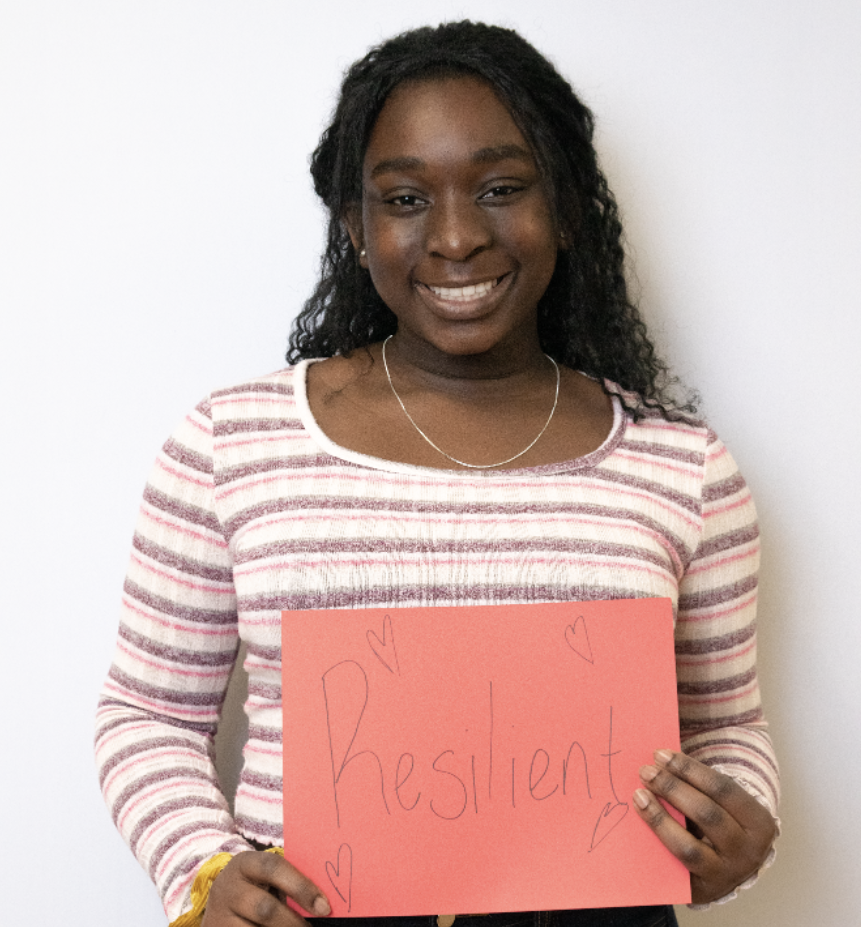
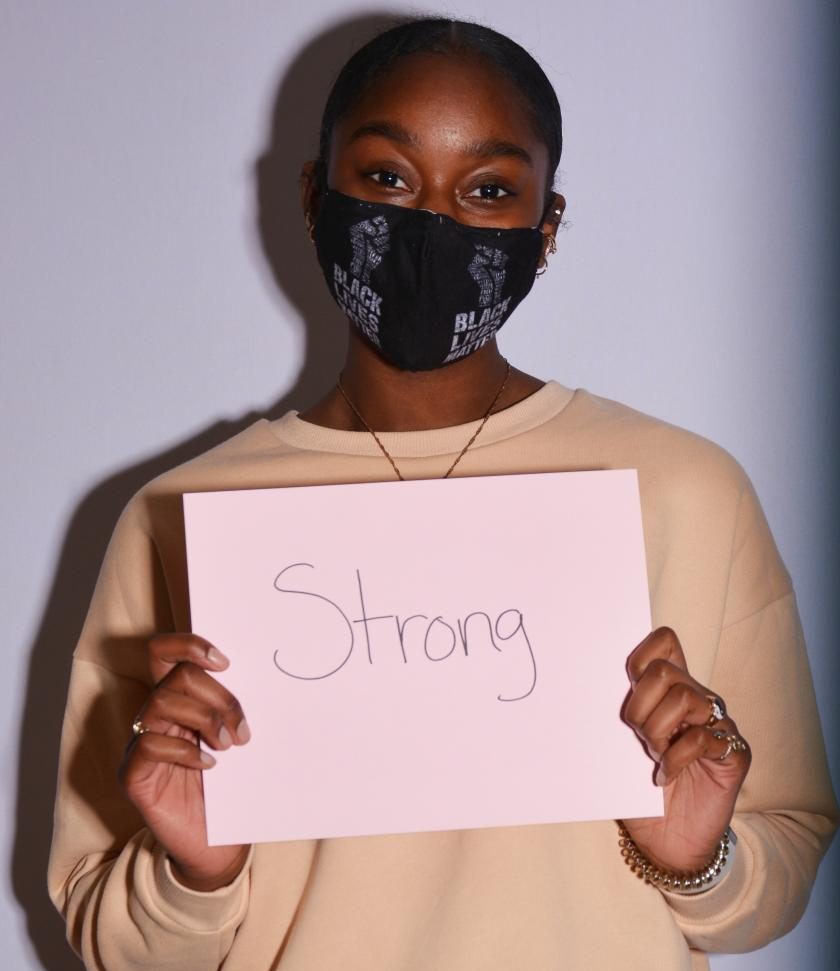
Following both Black History Month in February, and Women’s History Month in March, Black Women’s History Month celebrates the accomplishments and contributions of Black women in society. For Laila Mosely, junior, this includes acknowledging the unique struggle Black women face as being members of both the Black and women community.
“I feel like we have a lot more to prove,” Laila said. “I feel like it’s kind of easier for a white woman to go into a job. She may be a woman, but she also has her skin color, and a black man has his gender. As a black woman, it’s hard because we’re not only being judged by the color of our skin, but we’re being judged because we’re women.”
In spite of the disadvantages faced, recent attention to the challenges faced by the Black community as a whole has given MHS students opportunities to represent Black women locally.
“I felt proud to be a Black woman during all of the rallies,” Tyra Wheaton, sophomore, said. “I started using my voice more, and I’ve had people interview me about it. I was proud of that because I felt like my voice was actually starting to be heard.”
Who as a black woman inspires you most?
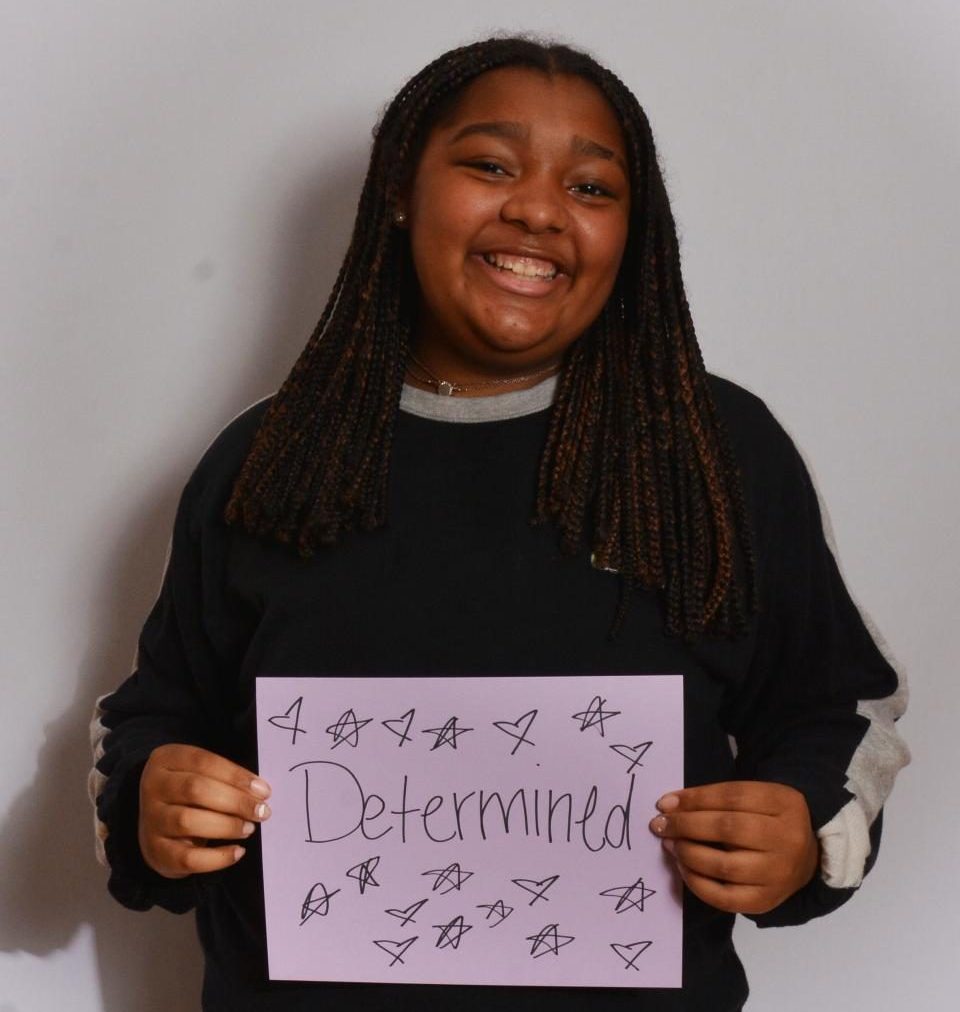
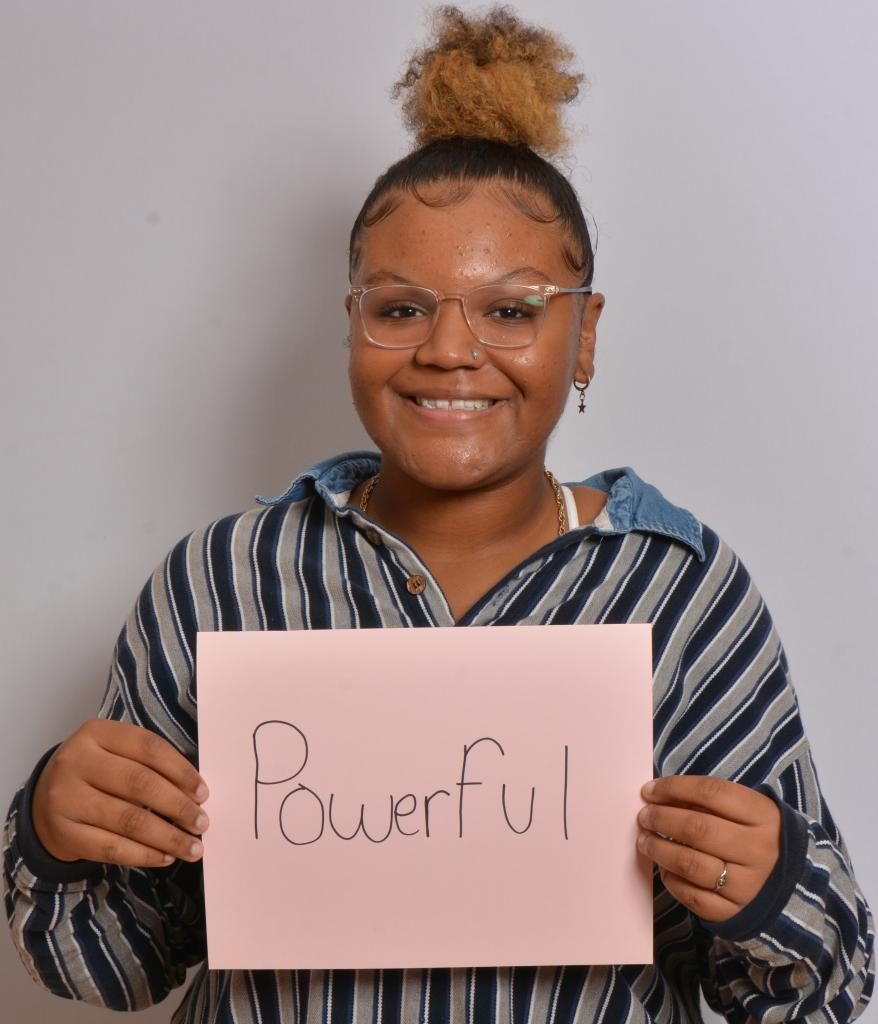
For Tyra, the opportunity to spread awareness and representation for the community presented itself in the form of a football game.
“I was able to do a speech at one of the football games about equality, and it just makes me proud because I was not the type of person to speak out. When I started doing it, I saw that it was starting to be a part of change and was actually making things happen. It was empowering. Looking back on it, there’s some other things that I wish I would have said in my speech to get my point across. And, of course, not everyone’s gonna agree with what you’re saying. I was fine with that because, at the end of the day my voice was still being heard.”
Many recognize that Black Women’s History Month has not been getting the recognition it deserves, and that there has never been a better time to acknowledge it.
“Especially with what’s been going on in the world right now, I think it is important to support black women,” Kameryn said. “I think it’s important to support black people period, but black women specifically because without women, where would anyone be?”



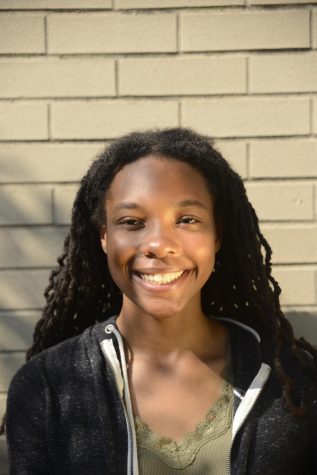
Sha Battle • Apr 17, 2024 at 4:32 am
Thank you! Sha Battle, Creator and Founder of International Black Women’s History Month.